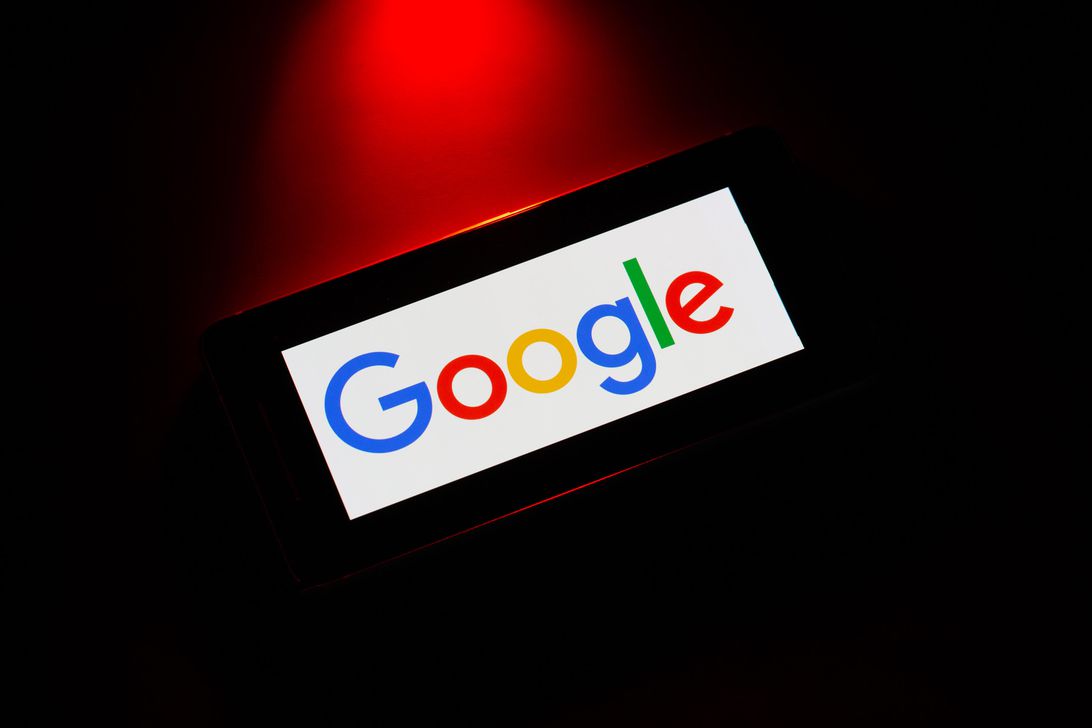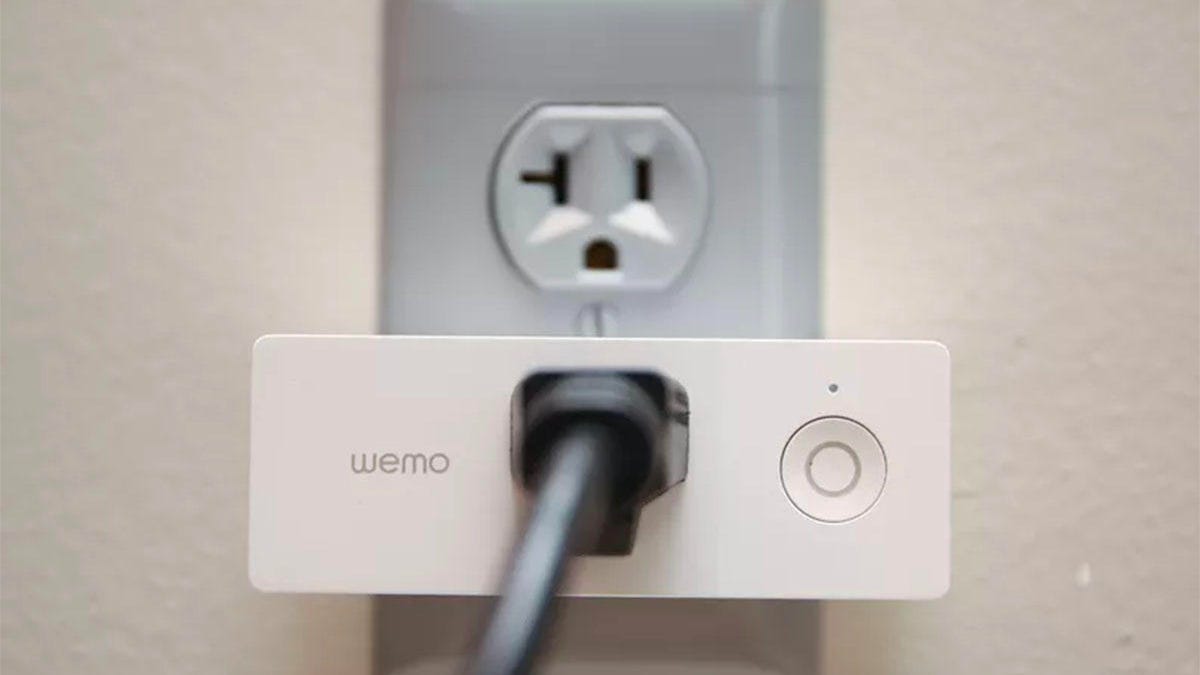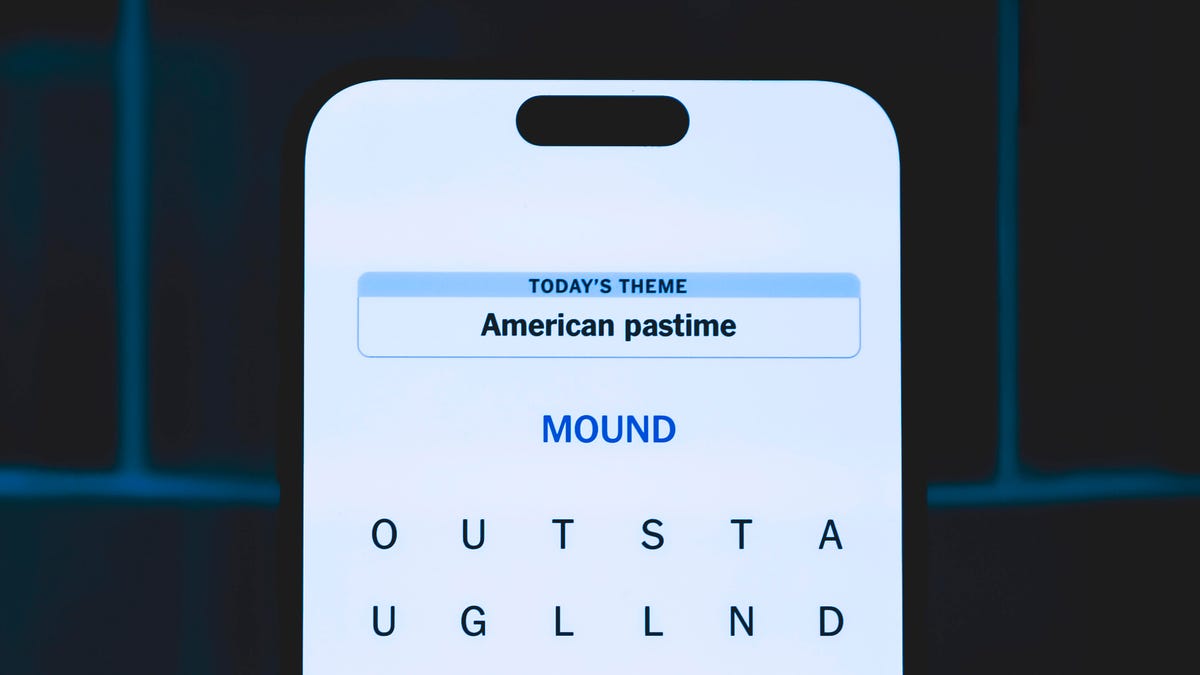Technologies
Google accused again of price-fixing with Facebook in proposed class action suit
The complaint says Facebook was given «special information» for online advertising auctions.

Google this week was hit by a lawsuit from two Massachusetts companies accusing the search giant of cutting an illegal deal with Facebook that gave the social network unfair advantages in online advertising auctions.
The plaintiffs in the lawsuit, which was filed on Tuesday in San Francisco, request class action status for advertisers on Facebook who were «victimized» by the agreement.
The lawsuit references allegations first made in an antitrust complaint against Google filed last year by Texas Attorney General Ken Paxton and a group of nine other state AGs. At the time, the states alleged Google illegally teamed up with Facebook, its fiercest competitor in the digital advertising market, after Facebook threatened to go after Google’s dominance in the market by backing an ad buying technique called «header bidding.»
Google, concerned by Facebook’s moves in the ad market, allegedly reached out to Facebook to try to defuse the threat. In the end, Facebook backed off after Google agreed to give the social network «special information, a speed advantage to assist Facebook in succeeding in the auctions, and a guaranteed win rate,» according to Tuesday’s complaint.
«To sufficiently incentivize Facebook, Google and Facebook agreed to fix prices and allocate markets between them in the auctions for publishers’ web displays and in-app advertising,» the complaint says. «Given the scope and extensive nature of cooperation between Google and Facebook, they were highly aware that their activities could trigger antitrust violations.»
Reached for comment on Wednesday, a Google spokesman pointed to a blog post the company published in January responding to the Texas lawsuit. In the post, Google called the lawsuit a «misleading attack on our ad tech business.»
Facebook declined to comment. Previously, the company had dismissed the claims, saying «partnerships like this are common in the industry.»
The complaint comes as Google finds itself the target of multiple major antitrust lawsuits, including a complaint filed last month by a coalition of 36 states and the District of Columbia over allegedly anticompetitive practices at Google’s Play store, a marketplace for apps. The suit joins other cases designed to probe Google’s dominance in everything from search and advertising to the power of its Android operating system, the dominant mobile software in the world.
Technologies
Scientists Are Using AI to Help Identify Dinosaur Footprints
The Dinotracker app was trained on eight major characteristics of dinosaur footprints to quickly determine the species.

An international team of researchers has devised a futuristic tool to examine the footprints left by dinosaurs in our ancient past. The AI-powered app, Dinotracker, can identify dinosaur footprints in moments.
The research comes from a joint project by the Helmholtz-Zentrum research center in Berlin and the University of Edinburgh in Scotland. The Proceedings of the National Academy of Sciences published the paper on Monday.
Don’t miss any of our unbiased tech content and lab-based reviews. Add CNET as a preferred Google source.
Identifying a dinosaur species from a footprint isn’t always easy. The footprint is hundreds of millions of years old, often preserved in layers of rock that have shifted over the eons since the track was laid.
Also, we still have a lot to learn about dinosaurs, and it’s not always clear which species left a footprint. Subjectivity or bias can come into play when identifying them, and scientists don’t always agree with the results.
Gregor Hartmann of Helmholtz-Zentrum, who led the project, told CNET that the research team sought to remove this propensity from the identification process by developing an algorithm that could be neutral.
«We bring a mathematical, unbiased point of view to the table to assist human experts in interpreting the data,» Hartmann said.
Researchers trained the algorithm on thousands of real fossil footprints, as well as millions of simulated versions that could recreate «natural distortions such as compression and shifting edges.»
How AI is being used on dinosaur tracks
The system was trained to focus on eight major characteristics of dinosaur footprints, including the width of the toes, the position of the heel, the surface area of the foot that contacted the ground and the weight distribution across the foot.
The AI tool uses these traits to compare new footprints to existing fossils, and then determines which dinosaur was most likely responsible for the footprint.
The team tested it against human expert classifications and found that the AI agreed with them 90% of the time.
Hartmann made it clear that the AI system is «unsupervised.»
«We do not use any labels (like bird, theropod, ornithopod) during training. The network has no idea about it,» Hartmann said. «Only after training, we compare how the network encodes the silhouettes and compare this with the human labels.»
Hartmann said that the hope is for Dinotracker to be used by paleontologists and that the AI tool’s data pool grows as it’s used by more experts.
Bird vs. dinosaur
Using Dinotracker, the researchers have already uncovered some intriguing possibilities on the evolution of birds. When analyzing footprints more than 200 million years old, the AI found strong similarities with the foot structures of extinct and modern birds.
The team says one possibility is that birds originated tens of millions of years earlier than we thought. But it’s also possible that early dinosaur feet just look remarkably like bird feet.
This evidence, Hartmann notes, isn’t enough to rethink the evolution of birds, since a skeleton is the «true evidence» of earlier bird existence.
«It is essential to keep in mind that over these millions of years, lots of different things can happen to these tracks, starting from the moisture level of the mud where it was created, over the substrate it was created on, up to erosion later,» he said. «All this can heavily change the shape of the fossilized track we find, and ultimately makes it too difficult to interpret footprints, which was the motivation for our study.»
Dinotracker is available for free on GitHub. It’s not in a download-and-use format, so you’ll have to know a bit about software to get it up and running.
Technologies
Belkin Is Ending Support for Wemo Smart Home Devices. Here’s What That Means for You
If you own certain Belkin Wemo devices, they’ll stop working as soon as Jan. 31. Here’s what to know before it happens.

Belkin is ending support for most of its Wemo smart home devices, a move that will shut down the Wemo app and cloud services and significantly reduce the functionality of many popular smart plugs, switches and sensors.
The change takes effect at the end of January, so you have only a few days to migrate compatible devices or start planning for replacements.
You can see the full list of affected devices on Belkin’s support page. Once support ends, features that rely on the cloud — including remote access, schedules and integrations with Amazon Alexa and Google Assistant — will stop working. Those Wemo devices will no longer function as «smart» products, even if the hardware still powers on.
Since Belkin will also stop releasing firmware updates, affected devices won’t receive bug fixes or security improvements.
Belkin’s decision highlights a growing issue in the smart home world: Devices can stop being «smart» long before the hardware wears out.
Apple Home users get a limited lifeline
There is one major exception. Some Wemo devices that are compatible with Apple Home and HomeKit can continue working after the Wemo app shuts down, but only if you migrate them before the end-of-support deadline.
«Since the Wemo app will be ending, it’s very important that users switch to Apple Home/HomeKit by the end of the month,» says CNET smart home editor Tyler Lacoma. «Belkin has a long-term partnership with Apple, so for compatible devices, that transition is usually pretty simple.»
However, Lacoma warns that older Wemo products may not support Apple Home at all.
«If someone has a Wemo device that’s not on the list of Apple-compatible products, it won’t have much functionality left,» he says. «It won’t get firmware updates to fix bugs or improve security, so at that point, it makes sense to factory reset it and recycle it before the end of the month, then look for a replacement.»
Belkin has published a list of Wemo devices that support Apple HomeKit, and users need to complete the setup process before the Wemo app is retired. The following products will continue to work through Apple HomeKit:
- Wemo Smart Light Switch 3-Way (WLS0403, WLS0503)
- Wemo Wi-Fi Smart Light Switch with Dimmer (WDS060)
- Wemo Smart Light Switch (WLS040)
- Wemo HomeKit Bridge (F7C064)
- Wemo Dimmer Light Switch (F7C059)
- Wemo Mini Plugin Switch (F7C063)
- Wemo Outdoor Plug (WSP090)
- Wemo Mini Smart Plug (WSP080)
- Wemo Stage Smart Scene Controller (WSC010)
- Wemo Smart Plug with Thread (WSP100)
- Wemo Smart Video Doorbell (WDC010)
What about refunds?
Belkin says customers with Wemo devices that are still under warranty when support ends may be eligible for a partial refund. You can find the warranty period for each device in the list of devices on Belkin’s support page linked above. Refund requests won’t be processed until after the end-of-support date, and eligibility will depend on the product and purchase date.
Because many Wemo products were released years ago, most people should not expect to qualify for a refund. We’ve reached out to Belkin to ask whether other products will lose support in the near future. We haven’t heard back at the time of publishing.
What Wemo owners should do now
If you own Wemo devices, the clock is ticking. Here’s what to do next:
- Check whether your Wemo products support Apple Home and migrate them as soon as possible.
- If your devices don’t support Apple Home, plan to replace them before support ends.
- Consider recycling unsupported devices once they lose smart functionality.
- Remove the Wemo app after services shut down to avoid confusion.
If you’re shopping for replacements, this is a good time to look at CNET’s list of the best smart plugs and review our guide on what to do when smart home devices lose support.
Technologies
Today’s NYT Strands Hints, Answers and Help for Jan. 28 #696
Here are hints and answers for the NYT Strands puzzle for Jan. 28, No. 696.

Looking for the most recent Strands answer? Click here for our daily Strands hints, as well as our daily answers and hints for The New York Times Mini Crossword, Wordle, Connections and Connections: Sports Edition puzzles.
Today’s NYT Strands puzzle is a bit of an odd one, but it might calm you down — hint, hint. If you need hints and answers, read on.
I go into depth about the rules for Strands in this story.
If you’re looking for today’s Wordle, Connections and Mini Crossword answers, you can visit CNET’s NYT puzzle hints page.
Read more: NYT Connections Turns 1: These Are the 5 Toughest Puzzles So Far
Hint for today’s Strands puzzle
Today’s Strands theme is: Zen state
If that doesn’t help you, here’s a clue: Mellow out.
Clue words to unlock in-game hints
Your goal is to find hidden words that fit the puzzle’s theme. If you’re stuck, find any words you can. Every time you find three words of four letters or more, Strands will reveal one of the theme words. These are the words I used to get those hints but any words of four or more letters that you find will work:
- COIL, COIF, COIFS, MATE, TAME, TAMED, CONE, CODE, NEST, NETS, LENS, TIED, DIET, MIND
Answers for today’s Strands puzzle
These are the answers that tie into the theme. The goal of the puzzle is to find them all, including the spangram, a theme word that reaches from one side of the puzzle to the other. When you have all of them (I originally thought there were always eight but learned that the number can vary), every letter on the board will be used. Here are the nonspangram answers:
- FOCUS, RELAX, LISTEN, NOTICE, BREATHE, MEDITATE
Today’s Strands spangram
Today’s Strands spangram is MINDFULNESS. To find it, start with the M that’s the first letter on the top row, at the far left, and wind down and then over and up.
Don’t miss any of our unbiased tech content and lab-based reviews. Add CNET as a preferred Google source.
-

 Technologies3 года ago
Technologies3 года agoTech Companies Need to Be Held Accountable for Security, Experts Say
-

 Technologies3 года ago
Technologies3 года agoBest Handheld Game Console in 2023
-

 Technologies3 года ago
Technologies3 года agoTighten Up Your VR Game With the Best Head Straps for Quest 2
-

 Technologies4 года ago
Technologies4 года agoBlack Friday 2021: The best deals on TVs, headphones, kitchenware, and more
-

 Technologies5 лет ago
Technologies5 лет agoGoogle to require vaccinations as Silicon Valley rethinks return-to-office policies
-

 Technologies5 лет ago
Technologies5 лет agoVerum, Wickr and Threema: next generation secured messengers
-

 Technologies4 года ago
Technologies4 года agoOlivia Harlan Dekker for Verum Messenger
-

 Technologies4 года ago
Technologies4 года agoiPhone 13 event: How to watch Apple’s big announcement tomorrow
